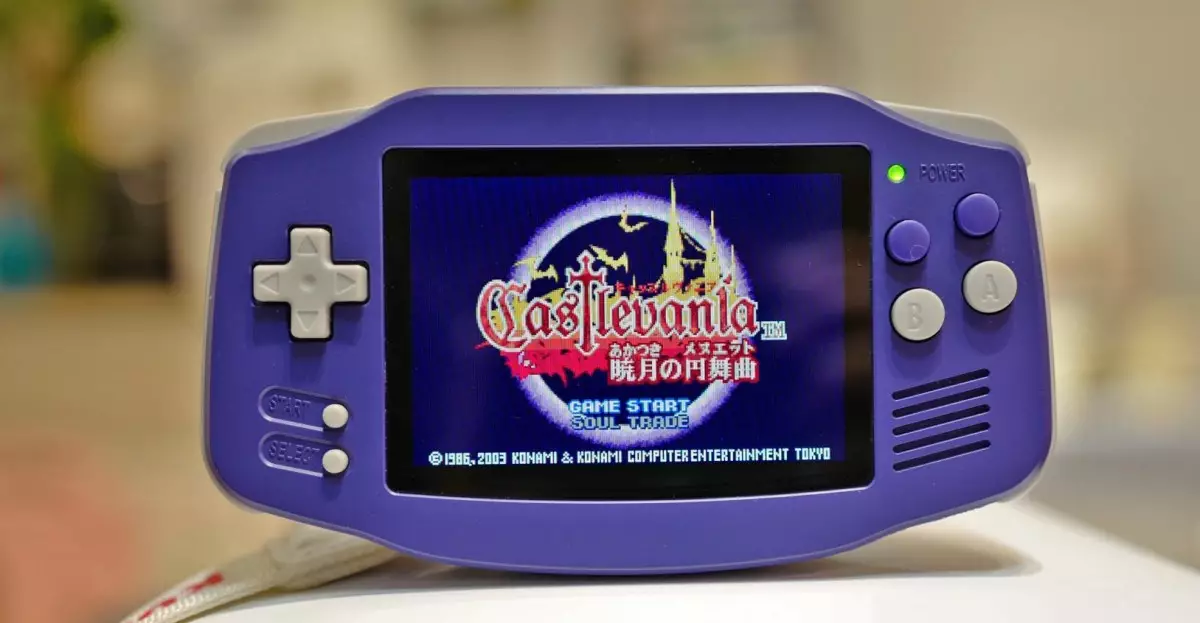In the realm of retro gaming, Anbernic has carved out a niche with its array of affordable handheld devices that echo the nostalgia of classic gaming consoles like the Nintendo Game Boy. However, this success is now at risk due to sweeping tariff changes initiated by the Trump administration. The proposed 245 percent tariffs on many Chinese goods are not just a political maneuver; they hold profound implications for consumers and manufacturers alike. Anbernic’s announcement to halt shipments from China to the United States underscores the urgency of the situation. Previously able to ship directly to eager U.S. customers, the sudden shift in policy has left both the company and its fans scrambling for clarity and solutions.
The Mechanism of Change
Anbernic’s strategy of drop-shipping directly from Chinese warehouses to U.S. customers is a crucial part of its business model. It not only allows for lower prices—often around $70 for new models—but also enhances accessibility for gamers who wish to relive their childhood experiences without emptying their wallets. Yet, as tariffs loom, Anbernic has shifted its focus to its pre-existing U.S. warehouse. This savvy pivot is a quick response rooted in the practical response to impending financial burdens imposed by customs duties. Customers are now urged to prioritize items shipped domestically, effectively overhauling the way they interact with the brand.
The Consumer Fallout
This dramatic shift in shipping policies is more than just a business decision; it represents a seismic shift for everyday consumers. For fans of retro gaming, the thought of steep increased prices due to tariffs is disheartening. Those who relish the opportunity to own a piece of gaming history might soon find that their favorite devices are priced out of reach. Anbernic’s portable systems have democratized access to retro gaming, promoting the idea that fun does not have to come with a hefty price tag. However, as tariffs render these once-affordable options less accessible, the landscape of retro gaming could become increasingly elitist.
Comparative Landscape: A Wider Trend
Anbernic is not alone in this predicament. Other companies, like RetroTINK, have also suspended shipments due to a lack of clarity concerning how tariffs will be enforced and what financial implications they will incur. This broader pattern suggests a worrying trend for the industry. Companies are caught in the crossfire between fluctuating trade policies and their consumer base’s expectations. Notably, significant reliance on international supply chains has left many businesses particularly vulnerable to sudden changes that can disrupt the entire market flow. The sentiment of uncertainty hangs in the air, trapping innovative companies in a state of limbo.
Possible Future Outcomes
As the prospect of tariffs continues to loom, the question arises: how will companies like Anbernic respond should these tariffs take effect? The removal of the de minimis exemption for affordable goods raises valid concerns. Anbernic, known for its budget-friendly offerings, may struggle to sustain its pricing structure if it is unable to compensate for increased production and shipping costs. There is a tenuous balance between maintaining quality, cutting production costs, and ultimately keeping products affordable—a balance that becomes precarious under tariff pressures.
Remaining Resilience Amidst Turmoil
Despite these hurdles, there is a flicker of hope for retro gaming enthusiasts. Anbernic’s existing inventory in U.S. warehouses offers a temporary lifeline, while options via third-party sellers like Amazon still present avenues for access. It is heartening to see that, while Anbernic might be under threat, the passionate gaming community continues to rally around affordable, nostalgic experiences. The relationship between manufacturers, consumers, and an evolving market landscape creates a dynamic interplay that could potentially steer Anbernic and similar entities toward innovative solutions.
What remains certain is that the future of affordable gaming hangs in the balance, weighed down by tariffs and their implications. As the situation unfolds, it will be intriguing to see how Anbernic and other companies navigate this turbulent landscape, all in the name of keeping retro gaming alive and vibrant for the next generation.


Leave a Reply